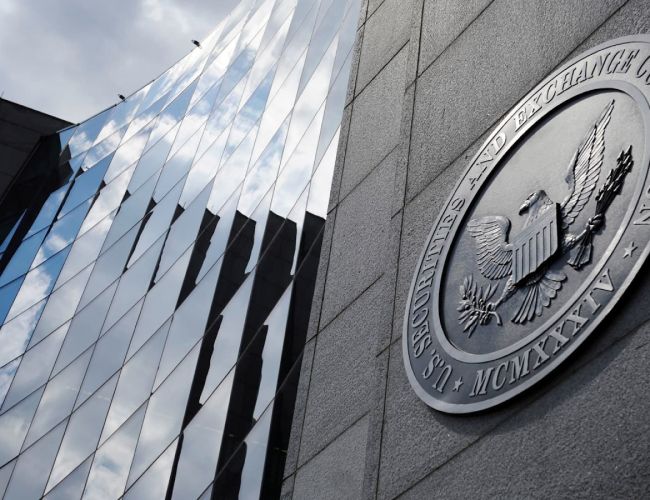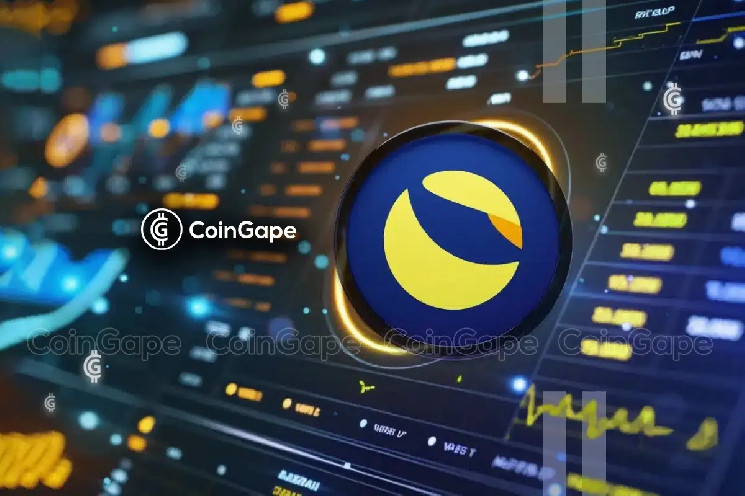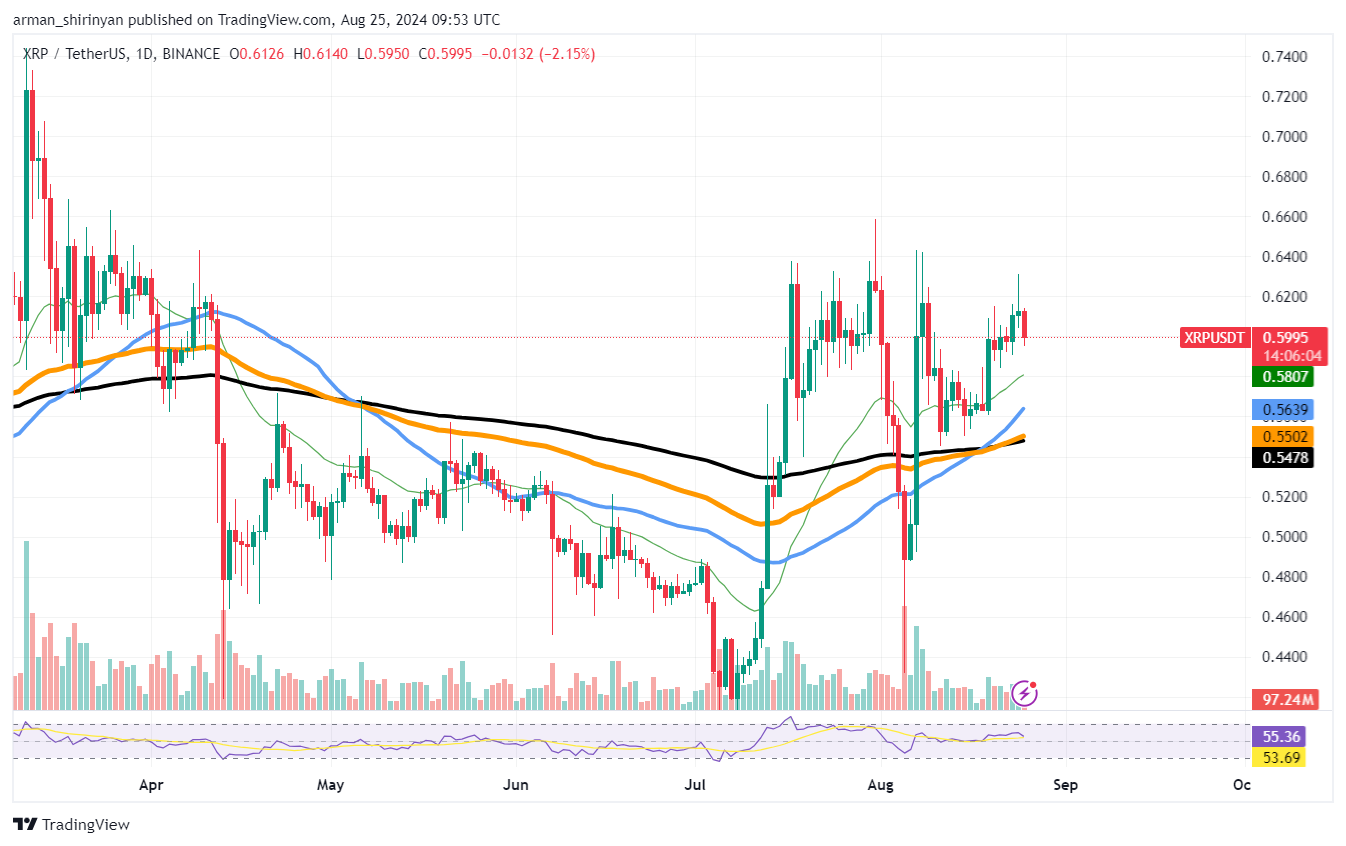In a new regulatory development, TradeStation Crypto has agreed to pay $3 million as part of a settlement with federal and state authorities over allegations of offering and selling unregistered securities. The settlement, which includes a $1.5 million payment to the Securities and Exchange Commission (SEC) and an equal amount to a multi-state task force, marks the latest in a series of enforcement actions by the SEC in the crypto space.
The SEC’s announcement highlighted that TradeStation Crypto had been offering a crypto loan product without proper registration. The product in question allowed investors to earn interest on crypto assets loaned to TradeStation. The SEC’s enforcement action underscores its stance that financial products, irrespective of how they are branded, must adhere to federal securities laws, including registration and disclosure requirements.
TradeStation had proactively ceased offering the interest feature to investors by June 30, 2022, aligning with SEC’s directives. Furthermore, the firm indicated its plan to withdraw from all U.S.-market crypto-related products and services by February 22, 2024.
Settlement Terms and Multi-State Collaboration
While not explicitly admitting to the SEC’s findings, TradeStation has consented to a cease-and-desist order and agreed to the financial terms of the settlement. The multi-state settlement, involving a task force from eight states including New Jersey, South Carolina, North Carolina, California, Mississippi, and Ohio, reflects a coordinated effort to address unregistered securities offerings in the crypto market. New Jersey authorities noted that TradeStation offered the crypto interest-earning scheme to at least 142 state residents between August 2021 and June 2022.
The North American Securities Administrators Association (NASAA) also referred to TradeStation’s product in their communication, reinforcing the importance of investor protection and the adherence to regulatory standards.
Recent SEC Actions Underscore Regulatory Vigilance
The SEC’s actions against TradeStation are part of a broader regulatory crackdown on unregistered securities offerings in the crypto space. Recent legal actions initiated by the SEC against the former CEO of Zipmex Thailand and the revelation of a $1.9 billion cryptocurrency scam involving HyperFund by the Department of Justice (DOJ) and SEC highlight the agencies’ commitment to protecting investors and maintaining market integrity.
Additionally, the SEC of Thailand has charged the former CEO of Zipmex with allegations of corruption and deceit, following a similar pattern of enforcement as seen with TradeStation. This move came after the Thai SEC requested the exchange to halt trading due to inadequate capital structure and management processes.
HyperFund’s Hefty Scam
In a related context, the DOJ and SEC’s joint charges against individuals involved in HyperFund’s $1.9 billion Ponzi scheme further illustrate the global scope of crypto-related frauds and the concerted efforts to combat them. The scam promised investors hefty returns from non-existent cryptocurrency mining operations.
Two of them were indicted by the Securities and Exchange Commission in a connected civil suit for their alleged roles in the
According to acting Assistant Attorney General Nicole Argentieri of the DOJ’s Criminal Division, the three individuals facing charges made fraudulent claims to HyperFund investors about receiving “substantial returns paid from cryptocurrency mining operations,” that did not really exist.
The cases against TradeStation, Zipmex, and HyperFund represent a global regulatory stance against fraudulent and unregistered crypto activities. Authorities worldwide are sending a clear message that crypto companies must operate within the bounds of securities laws, ensuring full disclosure and registration of their offerings.







